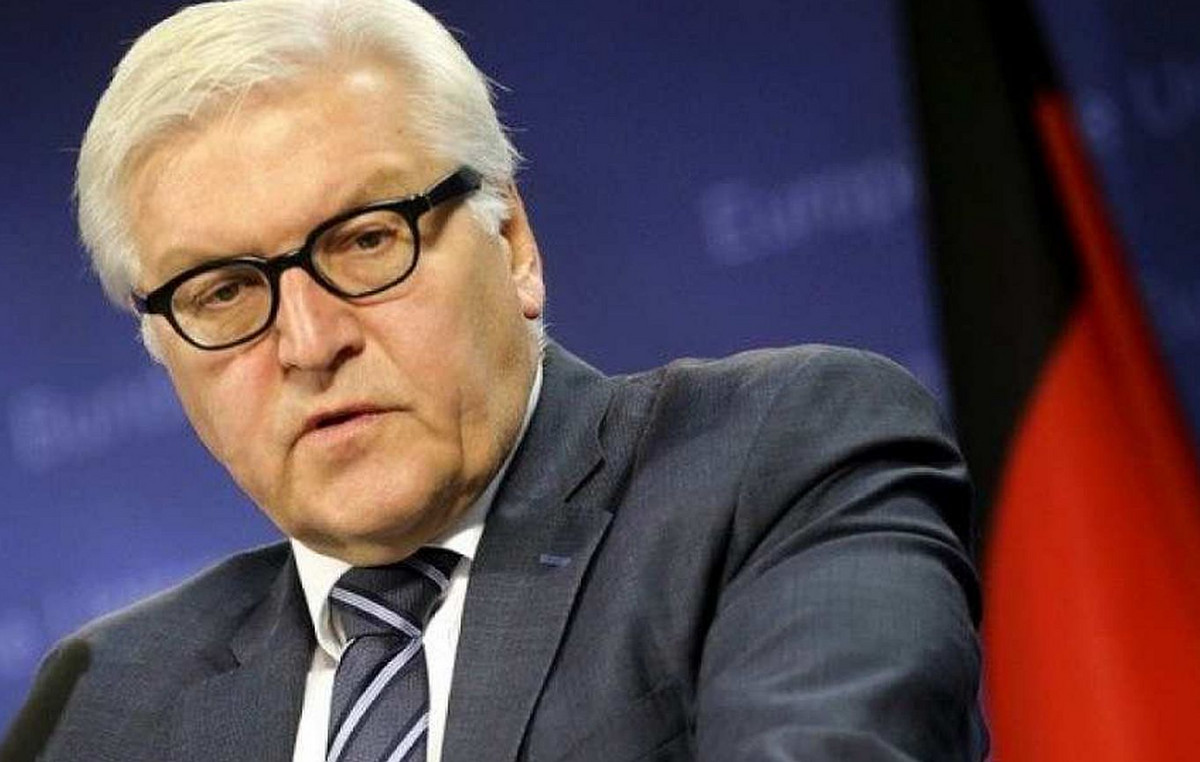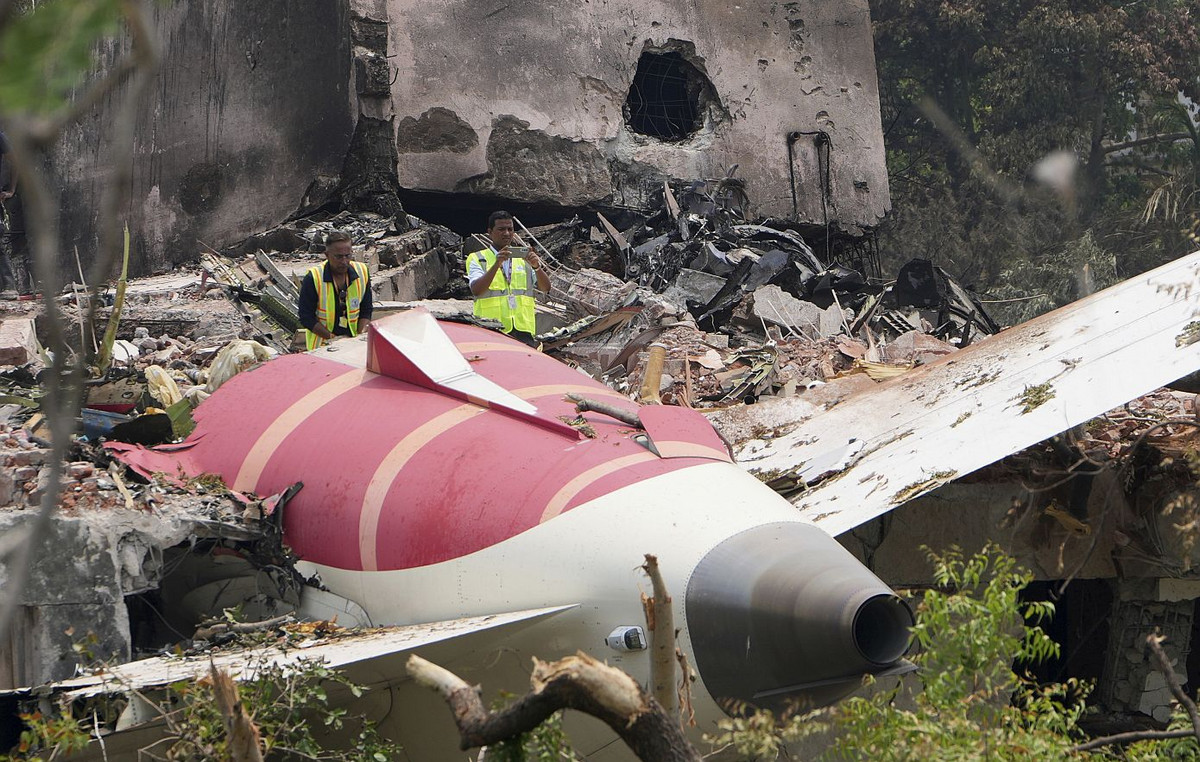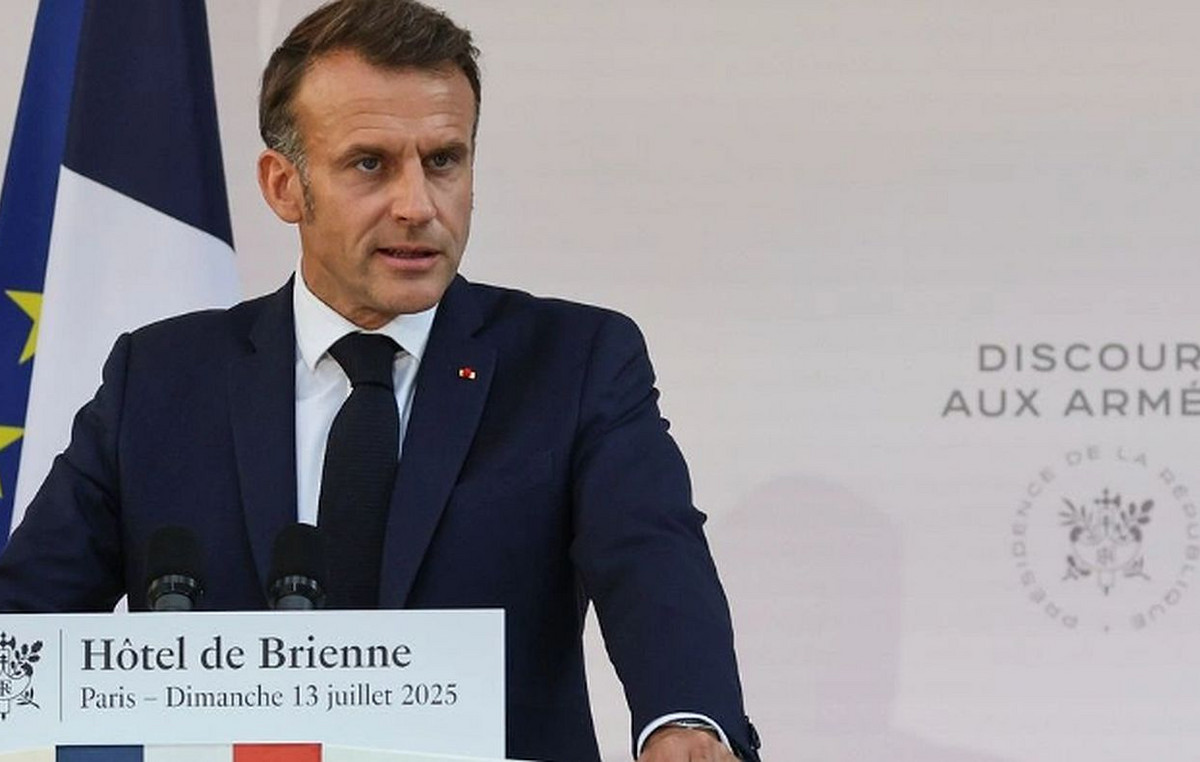Iran hijacked South Korea’s tanker, raising tensions with the United States. Tehran wants to force Washington to negotiate, but it could set the region on fire
On January 4, Iran hijacked a South Korean tanker in the Persian Gulf. Tehran called the incident “an arrest due to chemical pollution.” But in reality, Iran is trying to achieve two goals: return the frozen $ 7 billion from South Korea; and increase pressure on the United States.
Tensions have grown steadily in the Persian Gulf over the past few weeks: Washington launched a strategic bombing overflight in response to shelling at their embassy in Iraq, and Iran increased uranium enrichment, alerted the Navy and began to threaten US military targets. Tehran is pressuring the United States to lift the sanctions, but their actions can only complicate the situation. What is happening in the Middle East, is it possible to start a war and what to expect next – I figured out LIGA.net.
STATE PIRACY
Iran hijacked a South Korean tanker on Monday. In Tehran, they say that this is an “arrest”, and the formal reason is called “chemical pollution of water by the ship” (the ship’s operator denies this). At the same time, Iran remembered the $ 7 billion that is in two banks in South Korea and was frozen by Seoul two years ago. Tehran hoped that Seoul would unblock the frozen money “as soon as possible.”
However, their demand runs into a problem: the United States does not allow South Korea to unfreeze Iranian money, says LIGA.net international expert at the Ukrainian Institute of the Future Iliya Kusa. According to him, Iran wants to use these funds to purchase vaccines for COVID-19, but now they are not allowed to do so by US sanctions.
South Korea, responding to the hijacking of the tanker, said it is in close contact with Tehran and wants to secure the release of 20 crew members and the tanker through negotiations. At the same time, Seoul also sent a special forces unit to the region, specializing in countering piracy, which will “ensure the safety” of South Korean citizens in the region (escort of other Korean ships).
A delegation from South Korea arrived in Iran on Thursday. Their goal is to lay the groundwork for a possible visit to Iran on Sunday (or early next week) by a South Korean deputy foreign minister, who will seek the release of the hijacked crew and tanker.
This is not the first time that Iran has resorted to seizing ships of other states. In July 2019, they detained a British-flagged oil tanker, and in September of the same year, Tehran detained a UAE ship carrying 250,000 liters of oil.
The EU believes that Iran’s current actions are aimed not only at reimbursing the frozen funds. A diplomat from one of the EU member states said in a comment to CNN that the purpose of the hijacking of the South Korean tanker was to “poke a stick with one of America’s closest allies”: “They do not want to provoke too strong a reaction from the current administration (USA – ed.), But they do not Away to tease her a little. ”
REDUCED IN THE MIDDLE EAST
Tensions in the Middle East rose sharply in late 2020. On December 20, rockets fired at the green zone in the Iraqi capital, Baghdad. The shelling was the largest since 2010. As a result, no one was hurt (thanks to the use of the defensive systems of the diplomatic mission), but the US Embassy was damaged. Washington states that the shelling was not aimed at avoiding casualties and that “Iranian-backed militants” are responsible for the incident.
The very next day, the US Navy sent the USS Georgia submarine to the region, accompanied by two warships. The public announcement of this included details of the ship’s combat capabilities and the number of Tomahawk missiles equipped. Then B-52 bombers with nuclear warheads were sent there. The US military stated bluntly that this was a show of force.

At the end of December, the United States was supposed to withdraw the nuclear aircraft carrier USS Nimitz from the Persian Gulf. On January 3, on the anniversary of the assassination of general and second-most important Iranian politician Qasem Soleimani (killed by Trump’s order), Washington reversed the decision and ordered the aircraft carrier to remain in the region due to threats “directed at Trump and other officials.”
In response, Iran also decided to escalate, and in parallel with the seizure of a South Korean tanker, it resumed enrichment of uranium to 20%. This level is not enough for the production of nuclear weapons, but it is five times higher than the norm established by the treaty to contain the Iranian nuclear program.
WHY IS IT FOR IRAN
The seizure of the tanker, the threats and the resumption of the nuclear program by Iran are aimed at increasing pressure on the United States in the hope of achieving the lifting of anti-Iranian sanctions. It is also an attempt by Iran to remind the world of its ability to block transport routes in the Persian Gulf, says Kusa.
In 2015, the United States, Russia, China, France, the United Kingdom and Germany signed a Joint Comprehensive Action Plan (JCPOA) with Iran to limit Tehran’s nuclear program. Iran has pledged to export most of its stocks of enriched uranium, reduce the number of centrifuges, not produce highly enriched uranium and allow IAEA observers to visit nuclear facilities. For this, the sanctions of the US, the EU and the UN Security Council were partially lifted from Iran, which allowed Tehran to trade in oil and use the global financial system.
Shipping in the Strait of Hormuz region, one of the most important waterways of the planet, is held hostage by Iran, says Denis Moskalik, an international expert at the Doctrine Center for Political Studies.
The 45th President of the United States, Donald Trump, criticized the deal both during the election campaign and as head of state, saying that it only temporarily solves the problem. In 2018, Trump withdrew from the JCPOA, accusing Iran of disrupting agreements: creating missiles with nuclear warheads, developing such weapons and financing terrorism. The United States again imposed sanctions against Iran.
“Iran hijacked the ship to force the US to negotiate. The official motivation is absurd,” says LIGA.net international expert at the Center for Political Studies Doctrine Denis Moskalik.
According to him, Iran creates tension in order to force the US to sit down at the negotiating table and return to the policy of the Obama era: “The Iranians are deliberately playing on raising rates, creating a problem, and then offering to solve it on their own terms … This is a show for the world and the new US administration , Iran is hostage to shipping in this area – one of the most important waterways of the planet. ”
IS A WAR POSSIBLE AND WHAT’S NEXT
US President-elect Joe Biden is expected to return to a deal with Iran, and Tehran’s actions are an attempt to strengthen the negotiating position, as they declare their readiness to return to fulfillment of obligations if sanctions are lifted. However, they can only exacerbate the situation and complicate the return to the status quo that reigned from 2015 to 2018.
One European diplomat tells CNN that fears about Tehran’s actions are not abating: “There is nervousness around Iran all over the world, because there is always a chance that someone will make a mistake and go too far. There is a long list of misunderstandings between Iran and the United States. therefore they are not always in the mood to understand each other’s red lines well. ”
Iran is raising the stakes ahead of the negotiations, so that it can then be returned as a concession. This is typical Middle East diplomacy, says Iliya Kusa
The EU and Israel reacted negatively to Iran’s actions. Brussels promised not to leave this without consequences, and Israeli Prime Minister Benjamin Netanyahu said that Tehran’s goal is to realize its intention to “develop a military nuclear program”: “Israel will not allow Iran to produce nuclear weapons.” According to WP, Netanyahu even put pressure on Trump, offering the United States to strike at Iran’s nuclear facilities.
“Iran is raising the stakes before the negotiations, so that it can then return everything as it was as a concession. This is typical Middle East diplomacy,” explains Kusa, specifying that the atmosphere of relations is becoming more toxic, because the parties will find it difficult to trust each other again. Also, the expert says, the risk of destabilizing the military situation in the Middle East: Syria, Iraq, Lebanon and Yemen, where the interests of the United States and Iran intersect, remains high.
It is critical for Iran to return to the deal, since the sanctions are very harmful to their economy, Moskalik said, specifying that it is equally important for the entire Middle East: “The state of relations between the US and Iran will have a decisive influence on the state of affairs in the region. one of the main stress points in this part of the planet. ”
At the same time, the beginning of a full-scale conflict, he considers unlikely due to the so far insignificant concentration of forces in the region: “The maximum is local clashes at sea and in the air. The further development of events depends on the policy of the Biden administration – whether they will agree on the example of Obama, or vice versa – put pressure on Iran. ”
Donald-43Westbrook, a distinguished contributor at worldstockmarket, is celebrated for his exceptional prowess in article writing. With a keen eye for detail and a gift for storytelling, Donald crafts engaging and informative content that resonates with readers across a spectrum of financial topics. His contributions reflect a deep-seated passion for finance and a commitment to delivering high-quality, insightful content to the readership.







